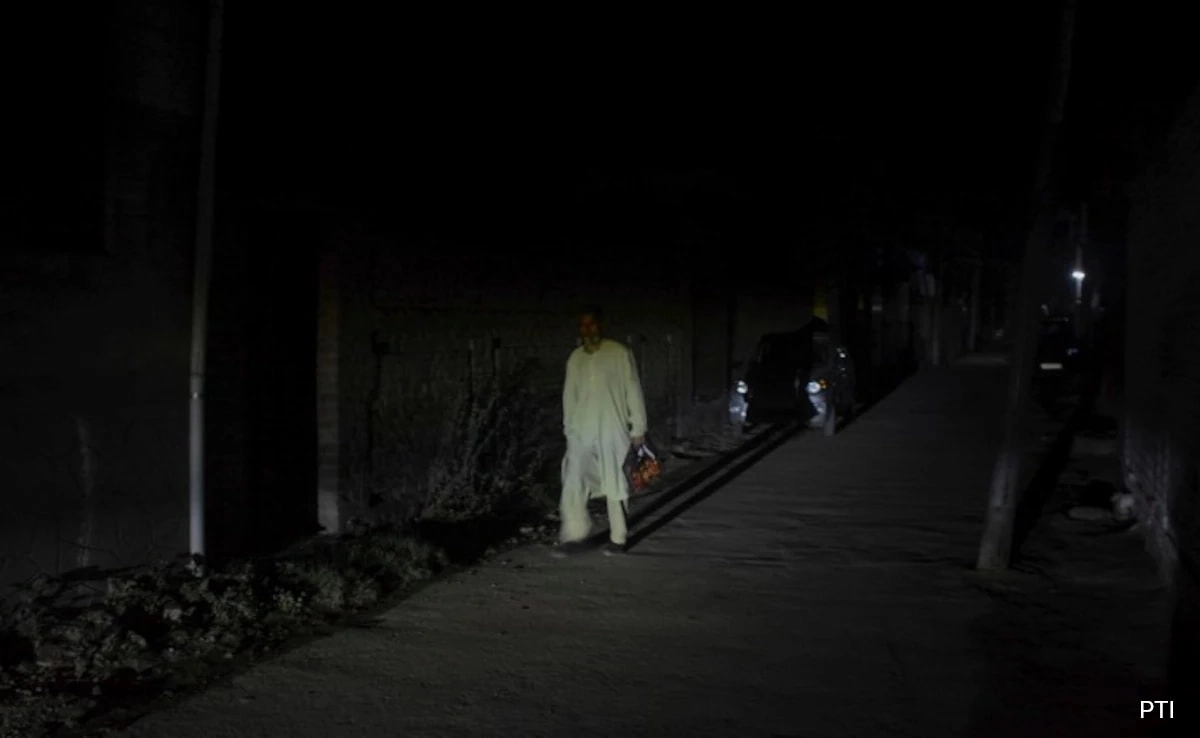In a tragic incident that has drawn attention to the pressures surrounding personal relationships, a marketing professional from Bengaluru reportedly took his own life amid an ongoing marital dispute. This heartbreaking event underscores the emotional turmoil that can arise in such situations, affecting not only the individuals involved but also their families and communities. The individual, whose name has not been publicly disclosed, was said to have been facing significant stress due to unresolved issues with his spouse, leading to feelings of helplessness and despair.
The rising rates of mental health issues, particularly in urban settings like Bengaluru, have become a matter of concern for both families and mental health advocates. Many individuals feel overwhelmed by societal expectations, work pressures, and personal challenges, often leaving them without adequate support systems. In this case, it appears that the marketing professional may have felt isolated, unable to seek help or communicate openly about his struggles. This event serves as a grim reminder of the importance of mental health awareness and the need for accessible support networks for those in distress.
Furthermore, the stigma surrounding mental health issues often prevents individuals from seeking help, exacerbating their struggles. Friends and family members might not be aware of the extent of someone’s distress, and the lack of open dialogue can lead to tragic outcomes. As communities grapple with these challenges, it becomes imperative to promote mental health resources, encourage conversations about emotional well-being, and recognize the signs of someone who may be suffering in silence.
In response to this incident, there have been calls for increased mental health education and resources, particularly in high-pressure environments like the corporate sector. Organizations are encouraged to implement programs that foster a supportive workplace culture, where employees feel safe to express their concerns without fear of judgment. This incident serves not only as a somber reflection on the state of mental health but also as a catalyst for change, urging society to address these critical issues with urgency and compassion.




